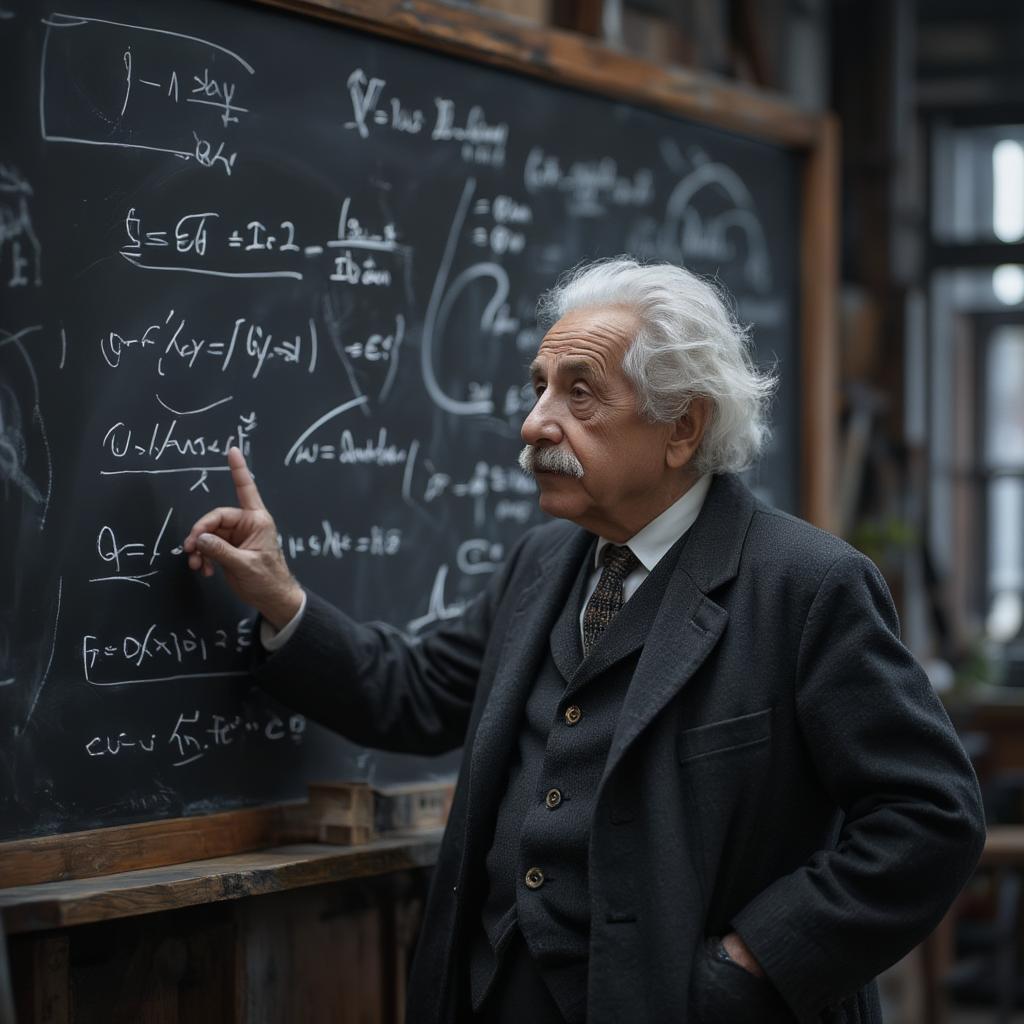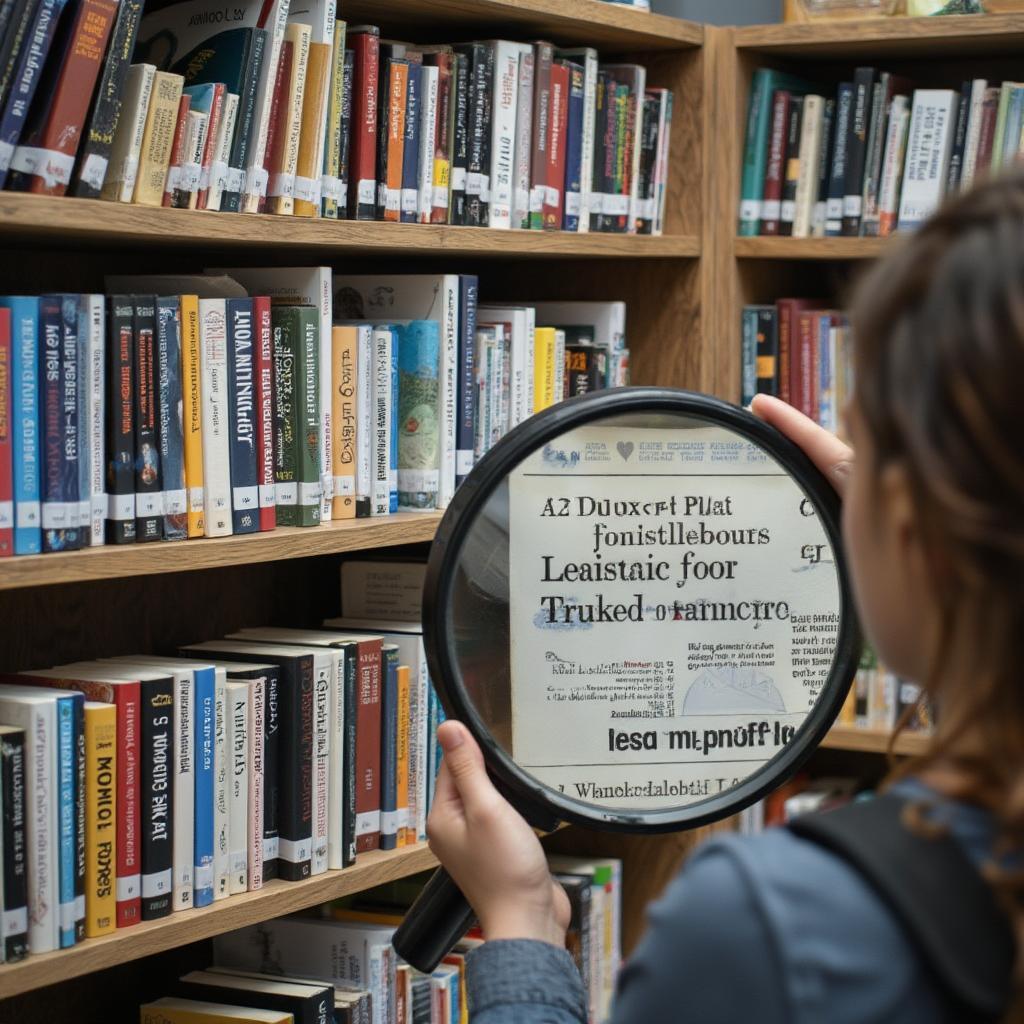Short Biography of Famous Scientists: A Journey Through Time and Discovery

Short biographies of famous scientists offer a glimpse into the minds that shaped our world. From groundbreaking discoveries to revolutionary theories, these individuals dedicated their lives to unraveling the mysteries of the universe and pushing the boundaries of human knowledge. This exploration delves into the lives and achievements of some of the most influential figures in science, offering a concise yet insightful overview of their contributions.
Pioneering Minds: Unveiling the Secrets of the Universe
Throughout history, countless scientists have devoted their lives to understanding the natural world. Their relentless pursuit of knowledge has led to breakthroughs that have revolutionized our understanding of everything from the smallest particles to the vast expanse of the cosmos. Let’s delve into the lives of a few of these pioneering figures.
Albert Einstein: Revolutionizing Physics and Time

Albert Einstein’s name is synonymous with genius. Born in Germany in 1879, Einstein’s theories of relativity fundamentally changed our understanding of space, time, gravity, and the universe. His famous equation, E=mc², demonstrated the equivalence of energy and mass, laying the foundation for numerous advancements in physics and technology. Einstein’s work also contributed significantly to the development of quantum mechanics, a field that explores the behavior of matter at the atomic and subatomic level. For more inspiring biographies, check out our collection of biography of successful people.
Marie Curie: A Pioneer in Radioactivity
Marie Curie, born in Poland in 1867, was a groundbreaking scientist in the field of radioactivity. She and her husband, Pierre Curie, discovered the elements polonium and radium, and coined the term “radioactivity.” Marie Curie was the first woman to win a Nobel Prize, the first person and only woman to win the Nobel Prize twice, and the only person to win the Nobel Prize in two different scientific fields. Her research laid the foundation for modern nuclear physics and medical advancements in cancer treatment.
Isaac Newton: Laws of Motion and Universal Gravitation
Sir Isaac Newton, born in England in 1643, is considered one of the most influential scientists of all time. His laws of motion and universal gravitation formed the bedrock of classical mechanics. Newton’s work revolutionized our understanding of the physical world, explaining the movement of objects on Earth and celestial bodies in space. He also made significant contributions to optics and mathematics, inventing calculus independently of Gottfried Wilhelm Leibniz. You might enjoy reading about other world-renowned figures in our collection of world famous biographies.
Exploring the Microscopic World: Unveiling the Building Blocks of Life
Louis Pasteur: Germ Theory and Pasteurization
Louis Pasteur, born in France in 1822, revolutionized medicine and public health with his germ theory of disease. This groundbreaking theory established that microorganisms cause many illnesses, leading to significant advancements in hygiene and disease prevention. Pasteur also developed the process of pasteurization, a heat treatment method for killing harmful bacteria in food and beverages, extending their shelf life and improving public safety. Explore more concise life stories in our famous short biographies.
Charles Darwin: Theory of Evolution by Natural Selection
Charles Darwin, born in England in 1809, is renowned for his theory of evolution by natural selection. His observations during his voyage on the HMS Beagle led him to propose that species evolve over time through a process of natural selection, where organisms with advantageous traits are more likely to survive and reproduce. Darwin’s work fundamentally altered our understanding of the natural world and the interconnectedness of life on Earth. Discover compelling narratives of accomplished individuals in our celebrity biographies and autobiographies.
Who are some other famous scientists with short biographies available?
Many resources provide short biographies of famous scientists. Some other notable scientists frequently featured include:
- Galileo Galilei: The Italian astronomer and physicist known for his astronomical observations and support for the heliocentric model of the solar system.
- Nikola Tesla: The Serbian-American inventor and engineer who made significant contributions to the design of the modern alternating current (AC) electrical system.
- Alan Turing: The British mathematician and computer scientist considered the father of theoretical computer science and artificial intelligence.
- Rosalind Franklin: The British chemist and X-ray crystallographer whose work was central to the understanding of the molecular structures of DNA, RNA, viruses, coal, and graphite.
Conclusion
The short biographies of famous scientists presented here provide a brief overview of the extraordinary contributions these individuals made to human knowledge. Their dedication, curiosity, and relentless pursuit of truth have paved the way for countless advancements in science and technology, shaping the world we live in today. Exploring their lives and achievements inspires us to continue pushing the boundaries of discovery and understanding.
FAQ: Short Biographies of Famous Scientists
-
Where can I find reliable short biographies of famous scientists? Reputable online encyclopedias, educational websites, and biographical dictionaries are excellent resources.
-
Why are short biographies of scientists important? They offer a concise and accessible introduction to the lives and achievements of influential figures in science, inspiring curiosity and learning.
-
What are some key elements to look for in a good short biography? Accuracy, clarity, engaging writing style, and a focus on the scientist’s major contributions are essential.
-
How can short biographies be used in education? They can supplement science lessons, spark discussions about scientific discoveries, and encourage students to explore scientific careers.
-
Are there short biographies of famous scientists for children? Yes, many age-appropriate biographies introduce young readers to the wonders of science and the stories of inspiring scientists.
-
What is the difference between a short biography and a full biography? A short biography provides a concise overview of a person’s life, while a full biography delves into greater detail and explores various aspects of their life and work.
-
How can I use short biographies to learn more about a specific scientific field? By reading about scientists who made significant contributions to a particular field, you can gain insights into its history, key discoveries, and prominent figures.
-
Do short biographies always include personal details about the scientist? While some personal information might be included to provide context, the focus is usually on the scientist’s professional achievements and contributions to science.
-
Can short biographies inspire me to pursue a career in science? Yes, learning about the passion, dedication, and impact of famous scientists can be a powerful motivator for aspiring scientists.




